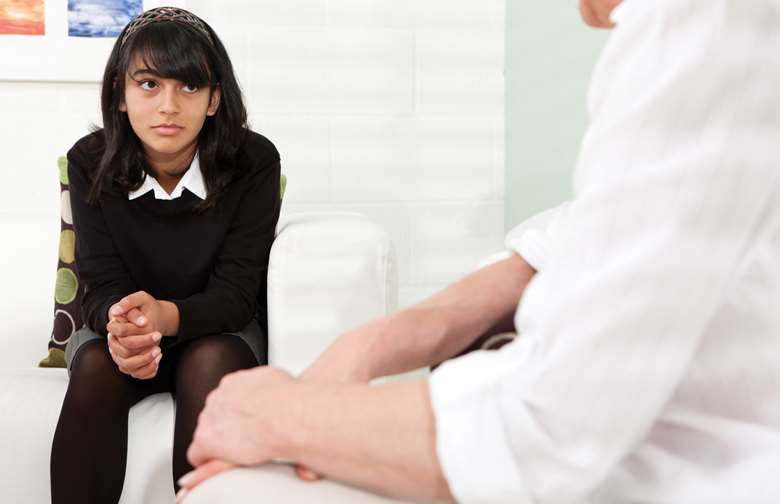Skills for the Job: Tackling mental illness
Matthew Daniel
Tuesday, February 18, 2014
Mental health problems among children and young people are on the increase and the support available is getting harder to access.

What are the main issues children and young people with mental health problems face?
We spend lots of time talking to children, young people, their families and the professionals who support them and they all tell us the same thing - mental health problems are on the increase and the support available to help people is getting harder to access. This means that treatable mental health problems like anxiety, depression and ADHD go untreated.
Another barrier to accessing appropriate help is the stigma around mental health. It is no surprise that young people who are really distressed, and already struggling with feelings they don't know how to process, are reluctant to get help when they face the risk of gaining a label that they know marks them out as "different". We need to challenge stigma and reclaim the term "mental health" - it is something we all have and it fluctuates for everyone at different times.
How many young people are affected?
Three children in every classroom have a diagnosable mental health disorder. One in five young adults show signs of an eating disorder and one in 12 deliberately harm themselves (25,000 of them are hospitalised each year because of this). Nearly 80,000 children and young people suffer from severe depression. It is not just these children that are affected, but their friends, peers and families too.
What are the implications for professionals?
It is not easy being a teenager at the moment with some of the highest levels of unemployment in living memory making finding a job seem like a remote possibility for many young people. Add to this the relentless focus on academic achievement, the impact of social media as well as the pressure of the media and society to be popular and look perfect.
Professionals are working with children and young people with increasingly worrying symptoms of emotional distress such as self-harming behaviour and they feel often powerless to help. For example, the vast majority of teachers have no specialist training in how to support young people with mental health problems, but are having to do the best they can with the skills and knowledge they have. Professionals who work with children and young people need to be offered mental health training early on in their career as well as continuing professional development (CPD). It is important that as professionals we feel equipped to challenge society's inequalities wherever we can - helping children, young people and ourselves to become more resilient is crucial.
What can we do?
At some stage, a great many of us are going to experience high levels of distress, but there is light at the end of the tunnel - and we need to help children and young people to remember this.
Encourage children and young people to think about things they do well and help them to feel successful while making sure they know where to go to get specialist help. Talk to children about the things that you do to keep yourself mentally healthy and encourage them to do the same.
Educate yourself about children and young people's mental health; attend a course or get some online learning so you are better equipped to spot problems early, intervene effectively and signpost people to available local help.
YoungMinds offers training for professionals and our website is a mine of information and next month the MindEd e-portal is launching, which will give anyone free access to online training.
If you are unsure of what to do, ask a mental health professional. Make contacts in your local child and adolescent mental health service and find out what other services are available locally so you can help young people to make the often frightening step of getting professional help when they need to.
Matthew Daniel, training and consultancy manager, YoungMinds
TOP TIPS
- Talk about mental health and help to reduce the stigma
- Talk about the things that you do to keep yourself mentally healthy. Encourage children and young people to do the same
- Encourage children and young people and make them feel successful in what they are doing
- Take action. It's often the fear of saying or doing the wrong thing that prevents people from taking action
- Make contacts in your local CAMH service and find out what other services are available locally




